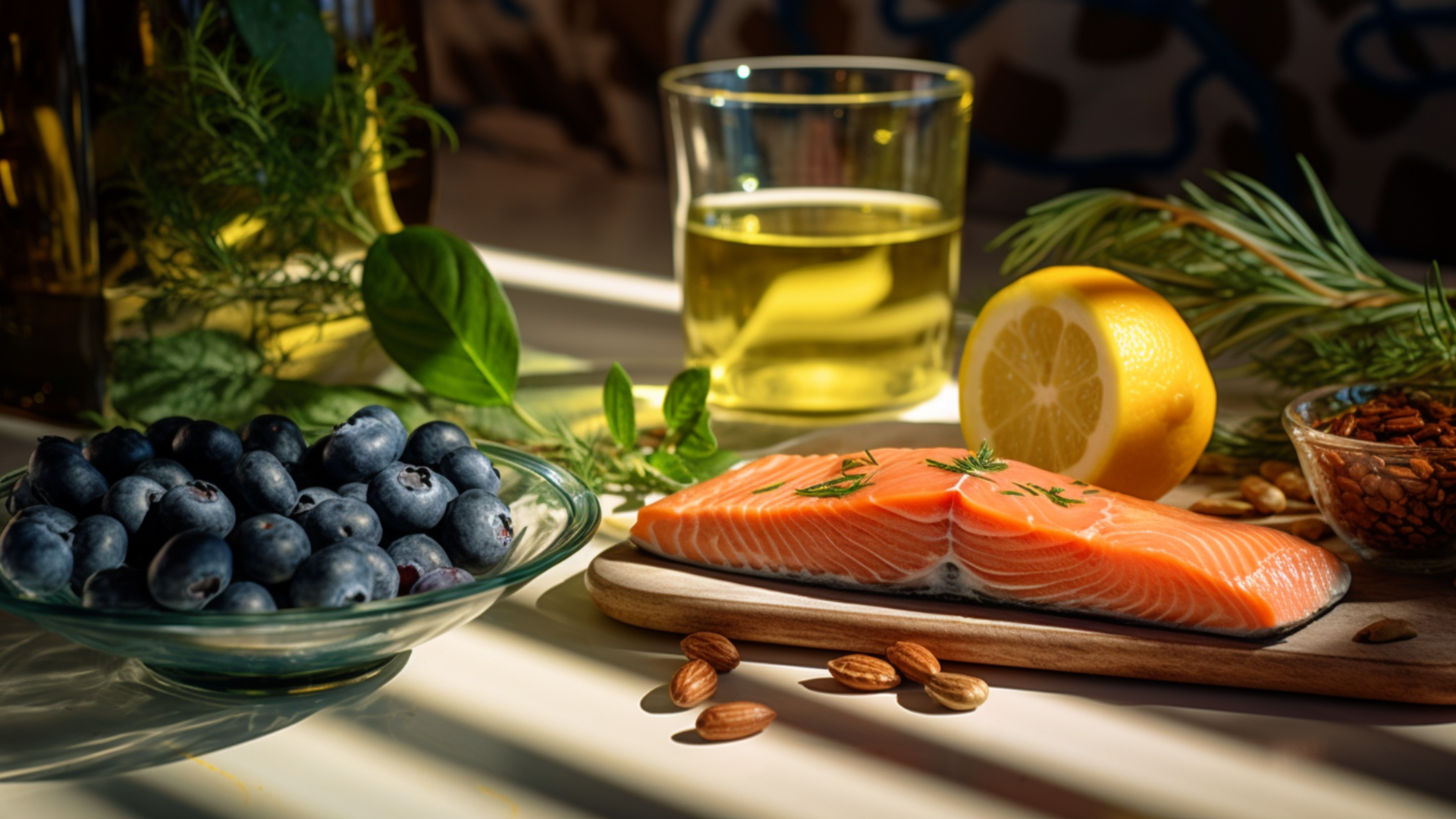Inflammation is your body’s natural response to injury, infection, and other harmful stimuli. While acute inflammation helps to protect and heal the body, chronic inflammation can be detrimental to your health. In this article, we will delve into the causes of inflammation, its signs and symptoms, and explore ways to reduce and manage inflammation through anti-inflammatory foods.
What Causes Inflammation
Inflammation is your body’s immune response to harmful stimuli, such as pathogens, damaged cells, or irritants. The immune system triggers a series of reactions to remove the harmful stimuli and initiate the healing process. In the case of acute inflammation, the response is short-lived and helps the body recover from injury or infection. However, chronic inflammation can result from an overactive immune response or long-term exposure to irritants, leading to a variety of health issues.
Signs and Symptoms of Inflammation
Common signs and symptoms of inflammation include:
- Redness: Increased blood flow to the affected area causes redness.
- Heat: Increased blood flow also raises the temperature of the inflamed area.
- Swelling: Fluid accumulation can cause swelling as the body tries to protect the affected area.
- Pain: Inflammation can stimulate nerve endings, leading to pain or discomfort.
- Loss of function: Severe inflammation can cause the affected area to lose function temporarily.
Ways to Reduce and Manage Inflammation
One of the best ways to reduce and manage inflammation is through diet. Anti-inflammatory foods can help lower the production of inflammatory substances, promote healing, and improve overall health. Additionally, maintaining a healthy weight, getting regular exercise, and managing stress can also help reduce chronic inflammation.
Types of Anti-Inflammatory Foods
- Fatty fish: Salmon, mackerel, and sardines are rich in omega-3 fatty acids, which have anti-inflammatory properties.
- Berries: Blueberries, strawberries, and blackberries contain antioxidants called flavonoids that help reduce inflammation.
- Leafy greens: Spinach, kale, and collard greens are high in vitamins and antioxidants that help fight inflammation.
- Nuts: Almonds, walnuts, and pistachios are packed with healthy fats and antioxidants that help reduce inflammation.
- Olive oil: Extra virgin olive oil contains oleocanthal, a compound with anti-inflammatory properties similar to ibuprofen.
- Turmeric: This bright yellow spice contains curcumin, a powerful anti-inflammatory compound.
- Green tea: Rich in antioxidants, green tea can help reduce inflammation and improve overall health.
At-Home Lab Tests for Inflammation
Monitoring your inflammation levels can be crucial in understanding and managing your overall health. These tests can help identify potential health issues and guide you in making lifestyle changes to reduce inflammation.
In conclusion, understanding and managing inflammation is essential for maintaining overall health. Incorporating anti-inflammatory foods into your diet, along with regular exercise and stress management, can help reduce chronic inflammation and improve your well-being.
At-home lab tests can also be an essential tool in tracking your inflammation levels and making informed decisions about your health. Download the Cue Health App, or visit our website to learn more our current selection of products.
This information is presented in summary form, general in nature, and for informational purposes only. Content is not intended nor recommended to substitute for professional medical advice. For personal medical advice, always consult your doctor or other qualified healthcare professional. The tests offered are subject to change and subject to availability. Due to state restrictions, this Cue Product is not available for individuals located in the state of New York. Other state restrictions may apply for specific tests. Please refer to our support page for detailed product terms and conditions.
References:
- https://www.ncbi.nlm.nih.gov/books/NBK493173
- https://www.health.harvard.edu/staying-healthy/foods-that-fight-inflammation
- https://www.ncbi.nlm.nih.gov/pmc/articles/PMC8199776/
- https://www.ncbi.nlm.nih.gov/pmc/articles/PMC6407021
- https://www.webmd.com/food-recipes/benefits-pistachios
- https://pubmed.ncbi.nlm.nih.gov/21443487
- https://www.hopkinsmedicine.org/health/wellness-and-prevention/turmeric-benefits
- https://pubmed.ncbi.nlm.nih.gov/27634207/



